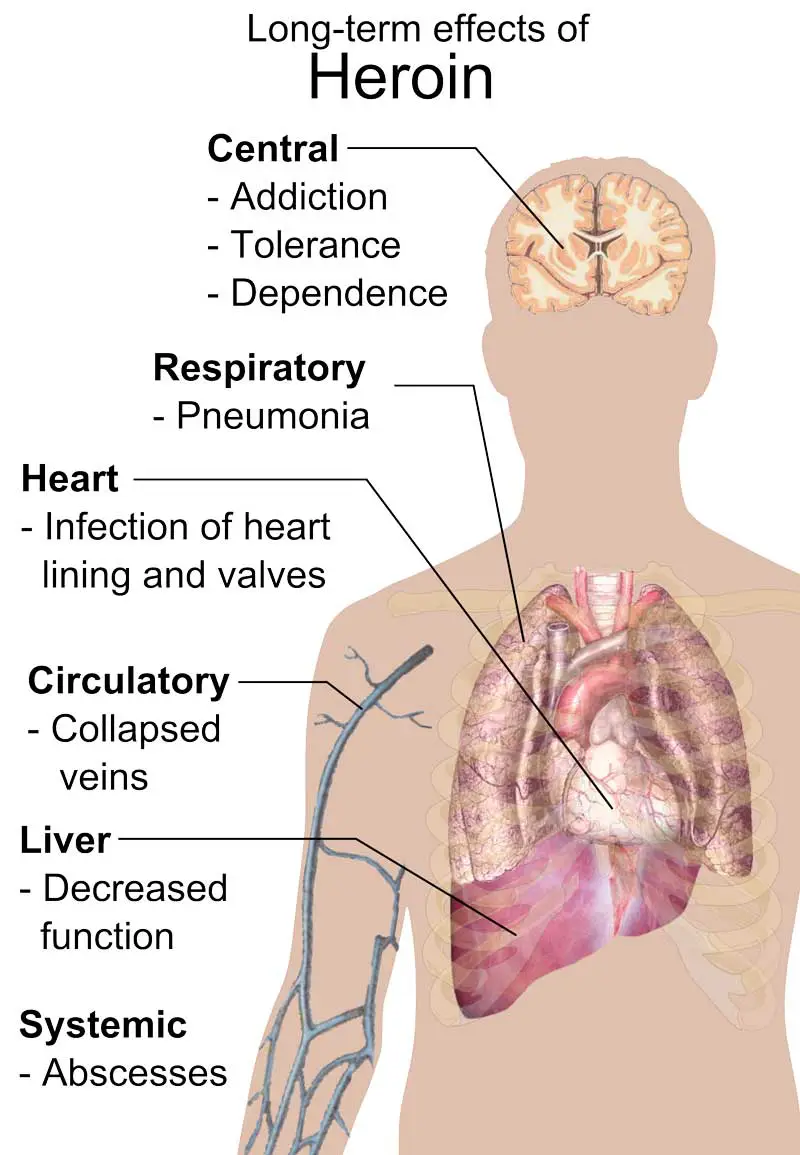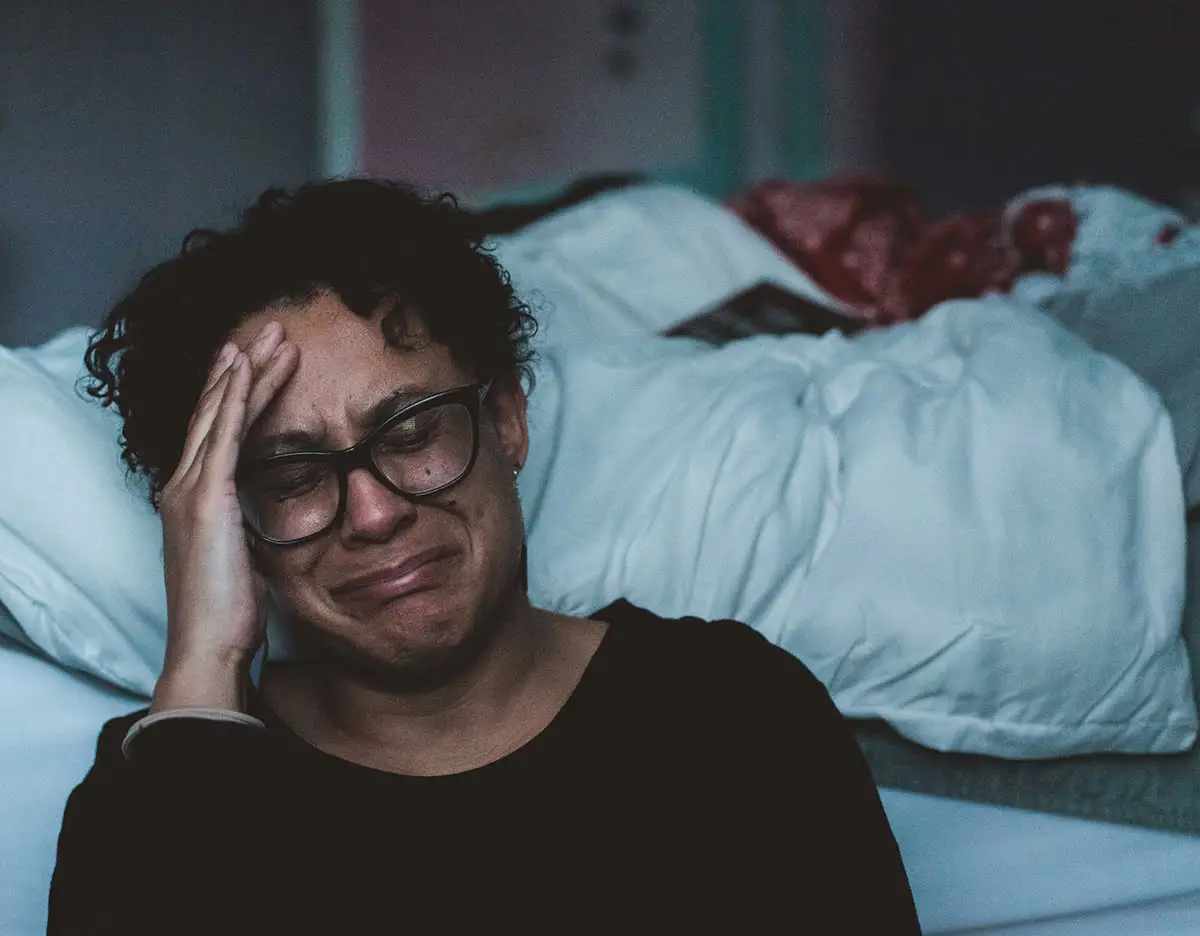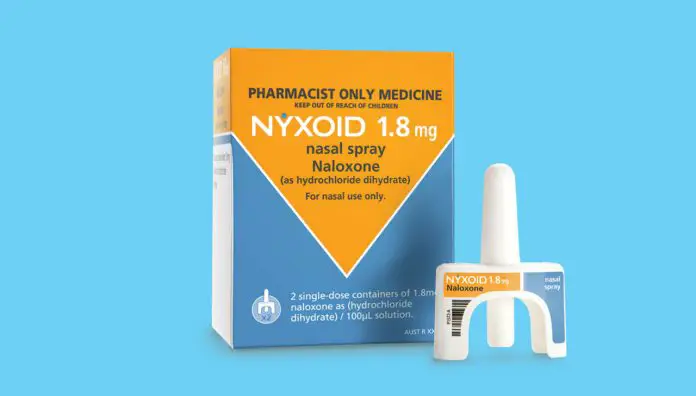What is heroin?
Heroin is an opioid made from morphine, a natural substance taken from the opium plant. Heroin works by interacting with the opioid receptors in the brain and body to create feelings of:


Heroin is a central nervous system depressant sending signals to slow breathing and mask pain.
It comes in a white powder form, small light brown rocks, or a black sticky substance. It can be snorted and smoked, but most commonly, it is injected. Injecting heroin comes with even more dangerous complications.
In Australia in 2018, 438 people died due to heroin use.
Do not become a statistic. You have a life worth living.
Seahaven Private is here to help you save yourself from the grips of heroin and take control back.

The short-term effects of heroin are usually extremely pleasurable, making the drug so addictive. These effects last for around 3-5 hours and may include the following:
- intense pleasure and pain relief
- reduced appetite, possible vomiting
- clumsiness, drowsiness, confusion, and relaxation
- slurred and slow speech
- slowed breathing and heartbeat
- dry mouth, small pupils
- heavy feeling arms and legs
- in and out of being semiconscious and conscious
- intense itching.
Heroin causes huge amounts of dopamine to be released. This signals to the brain that something positive and important has occurred and needs to be repeated.
Above information sourced from: hazeldenbettyford.org.

The most immediate and severe long-term effect of heroin is overdose, which often leads to death. The longer a person uses heroin, the higher the risk of overdose. This is because their consumption continuously increases in an effort to feel the same high/ and/or relief felt during their first use. Some other long-term complications that occur from heroin use are:
The information above sourced from: adf.org.au.

Prolonged and increased high doses of opioids change the brain so that it functions more or less normally when the drug is present and abnormally when the drug is removed. That is why it is said a person with opioid addiction uses the drug in order to feel ‘normal’. This alteration in brain functioning results in drug tolerance and dependence (hazeldonbettyford.com).
Intense sadness and depression are short and long-term side effects of continued heroin use. This in itself, causes the user to feel like they need to keep using to mask the negative feelings they have without the drug.
Despite common assumptions, most people experiencing opioid or heroin addiction can’t recall the last time their drug use was enjoyable. After a certain point, substance abuse and dependence become hard work, and the addictive cycle becomes its own form of torture.
Information adapted from: hazeldonbettyford.org.

Withdrawal from heroin can be extremely uncomfortable, to say the least. A rehab program may significantly reduce the negative symptoms felt during withdrawal.
Withdrawal starts anywhere from 6 to 24 hours from your last dose and can last up to a week, with days 1-3 being the worst.
These symptoms may include:
- cravings for heroin
- restlessness and irritability
- depression and crying
- diarrhea
- restless sleep and yawning
- stomach and leg cramps
- vomiting and no appetite
- goosebumps
- runny nose
- fast heartbeat.
Information sourced from: adf.org.au.

Naloxone is a medicine that temporarily reverses the effects of opioid overdose, allowing a person to breathe and buying time for medical help to arrive. Naloxone is completely legal, safe, and easy to use.
The easiest form of administration is a nasal spray. If someone overdoses on heroin and another person is present or finds them, they can spray Naloxone into the overdosed person’s nose to temporarily revive them.
Currently in Victoria, to obtain Naloxone, you will need to get a prescription from a doctor and fill it at a pharmacy. It is definitely worth it to potentially save a loved one’s life.
For more information on the COPE program, contact Penington Institute on 03 9650 0699 or at .
Approach to Recovery
Evidence-based tools
At Seahaven Private, we want to build your skills and your community to best support your recovery journey. We provide clients with accessible, evidence-based tools to help manage addictive behaviors, make healthy choices, and move towards resilience, peace, and success in life.
Whole-Person Approach
We know that rehabilitation and growth are possible in all individuals as long as they choose to recover. We acknowledge the diversity in the nature of individuals and many aspects of their lives; physical, psychological, spiritual, and social beliefs and attributes.
Holistic Support
All programs are tailored to meet the needs of each client individually and aim to deal in a holistic way with the underlying issues driving the addiction.
We believe that change and growth are possible for everyone as long as they are committed to recovery.
We acknowledge the diversity in the nature of individuals and the many aspects of their lives; physical, psychological, spiritual and social.
We tailor our drug and alcohol rehab programs to each client’s individual needs. Taking a holistic approach, we aim to address the underlying issues driving addiction.
